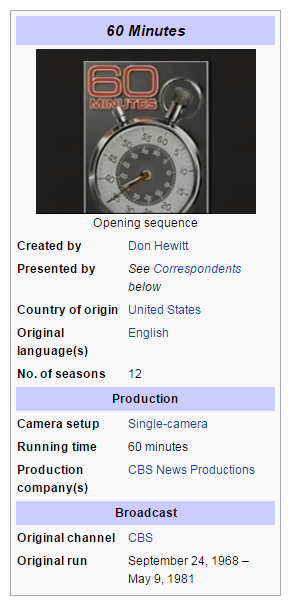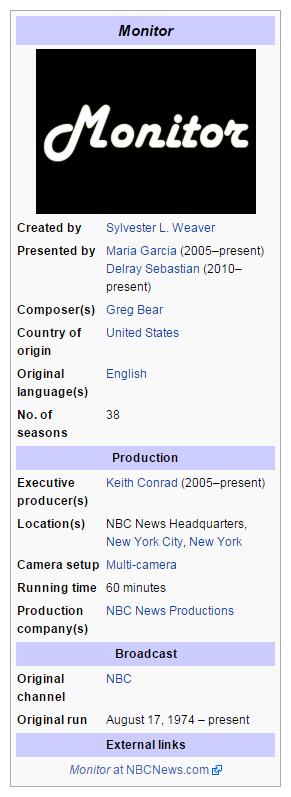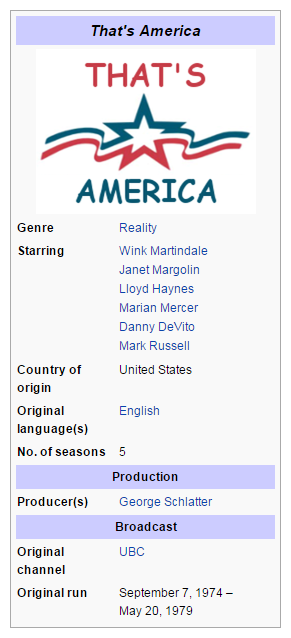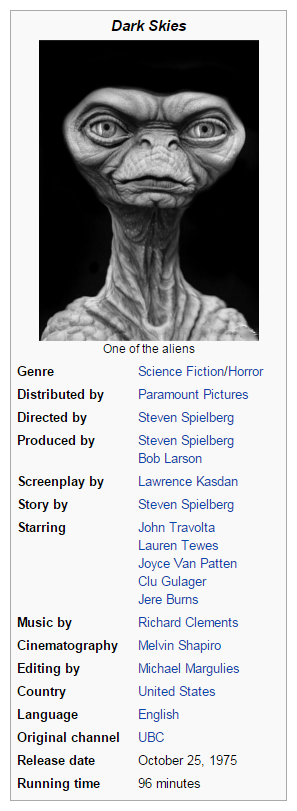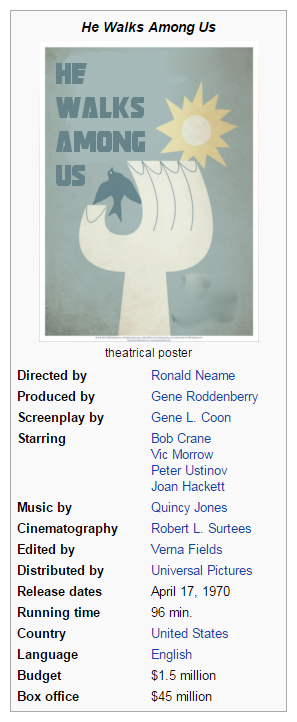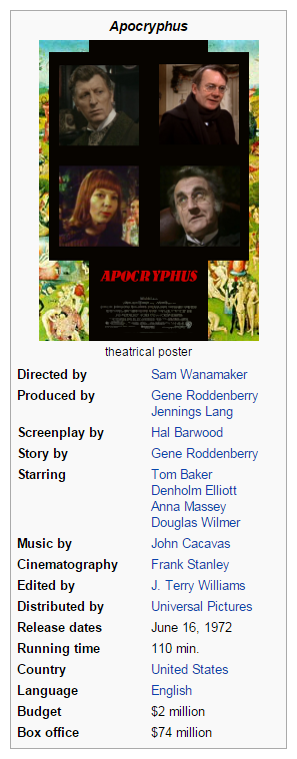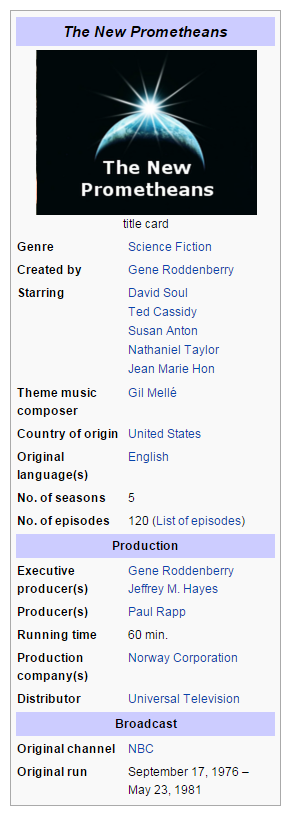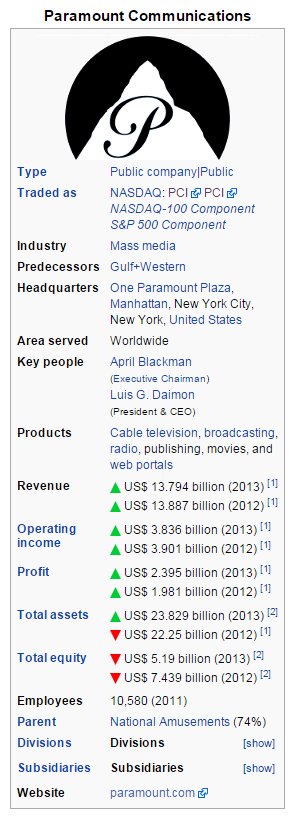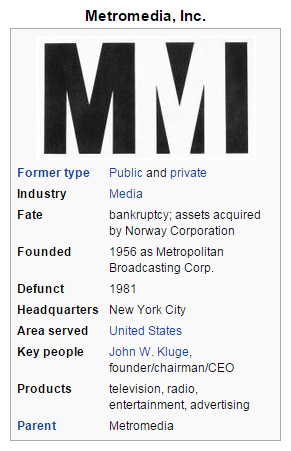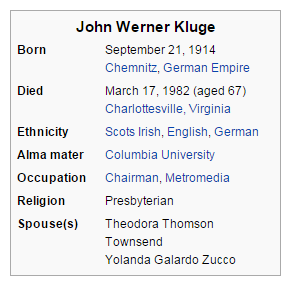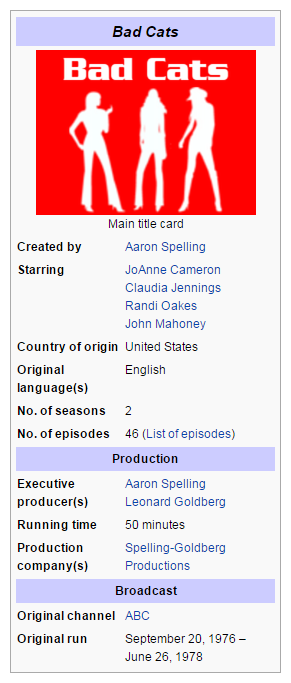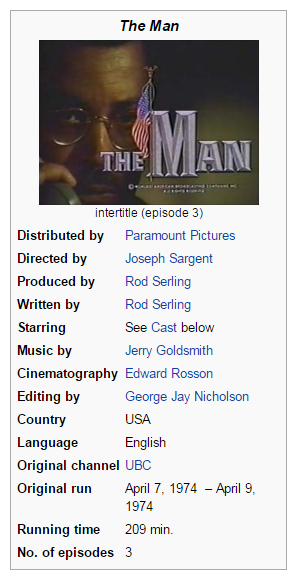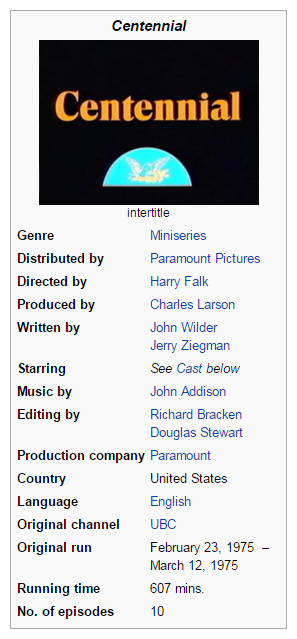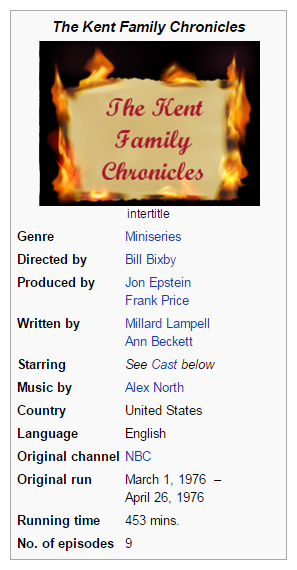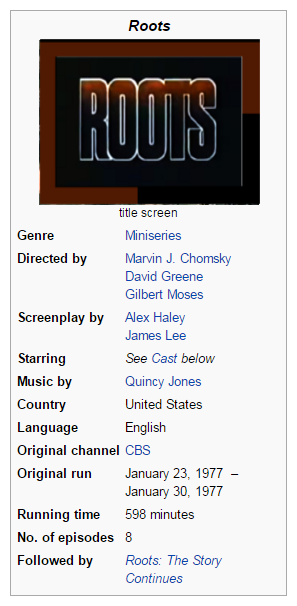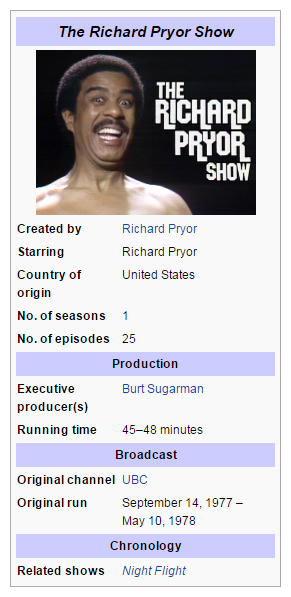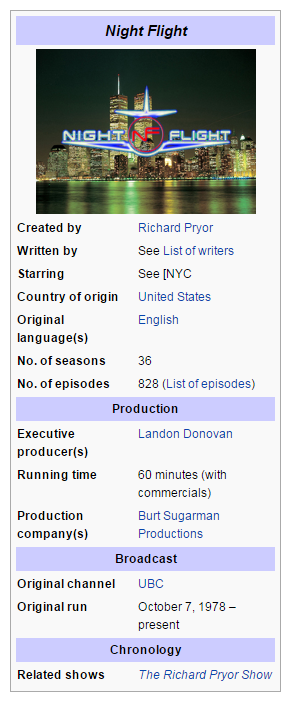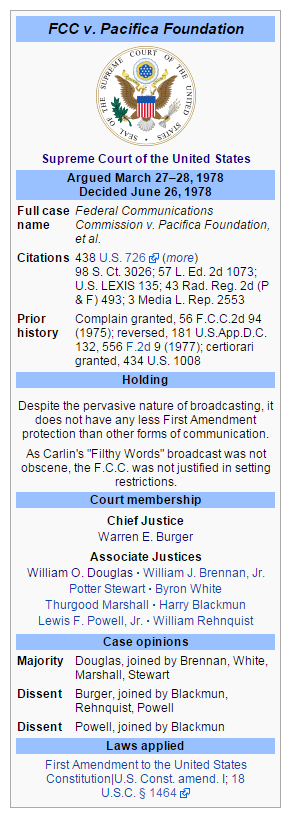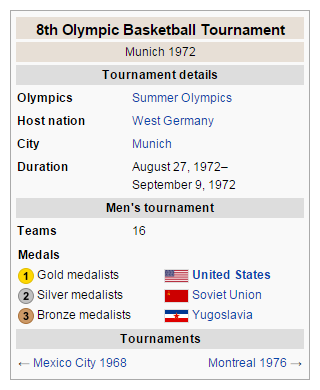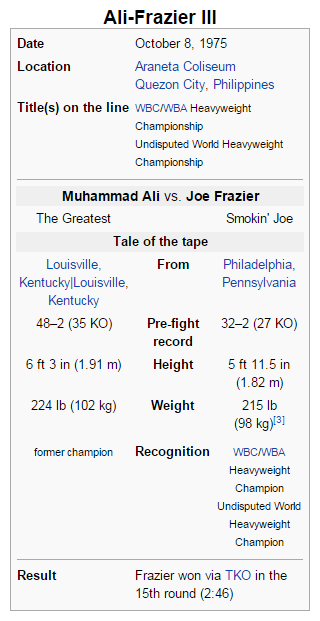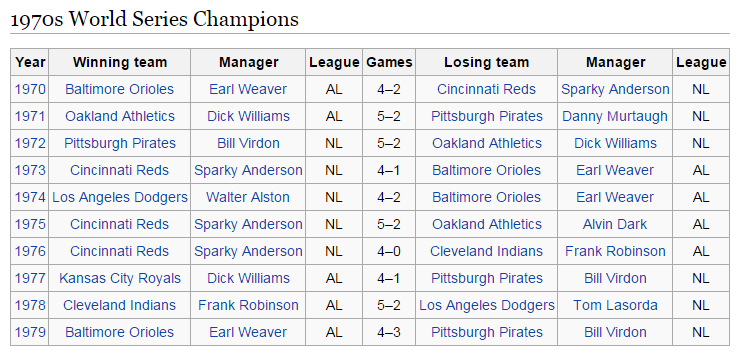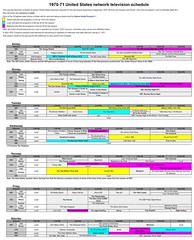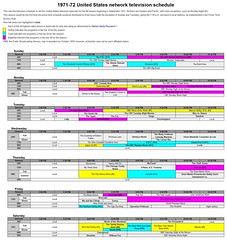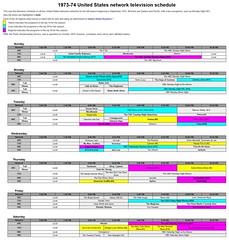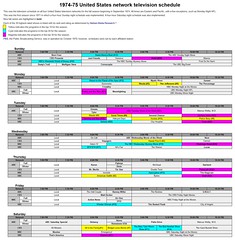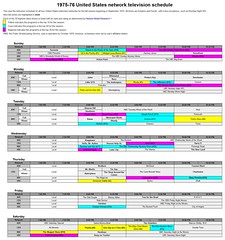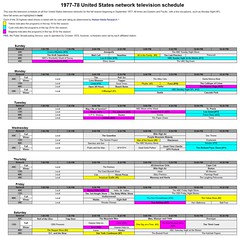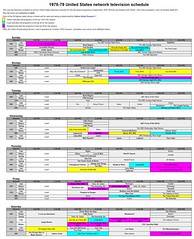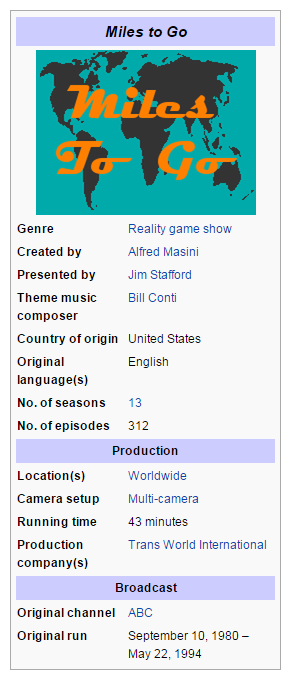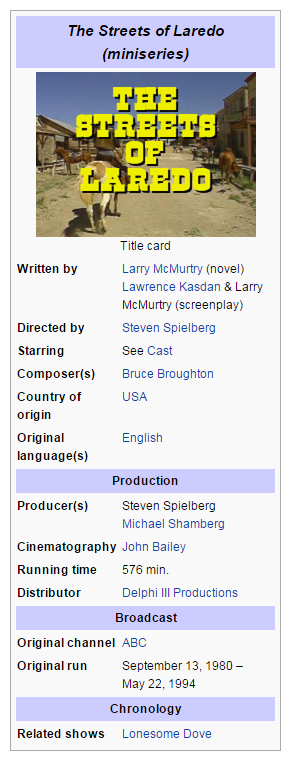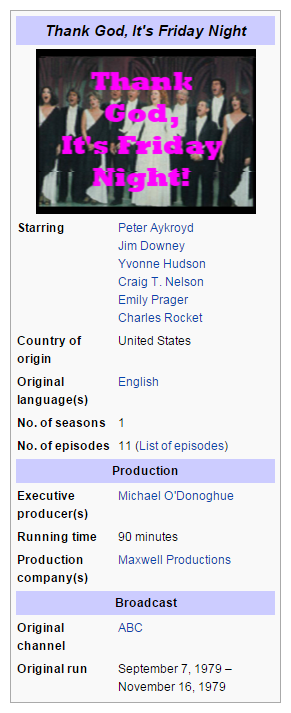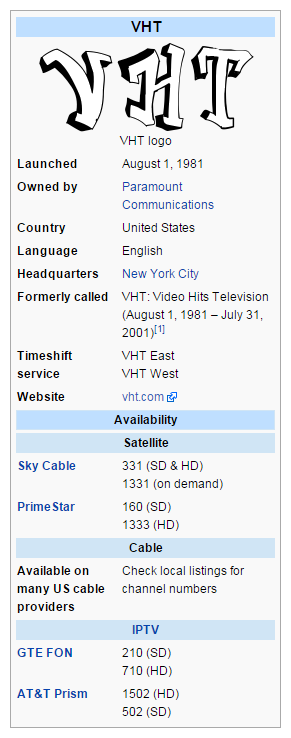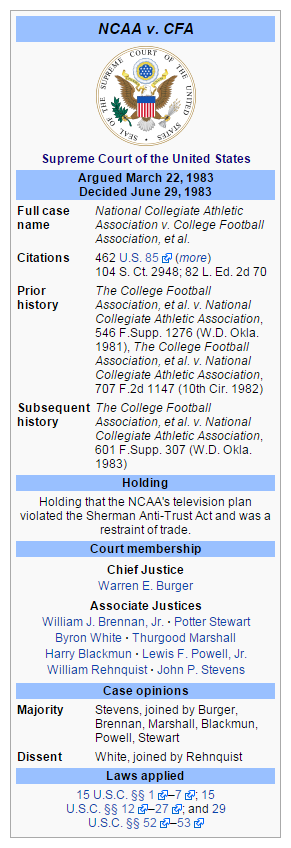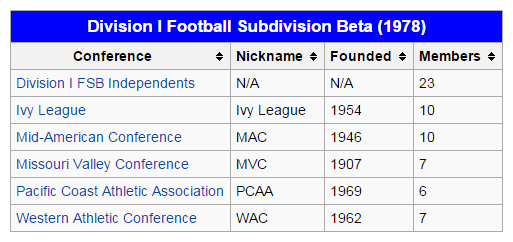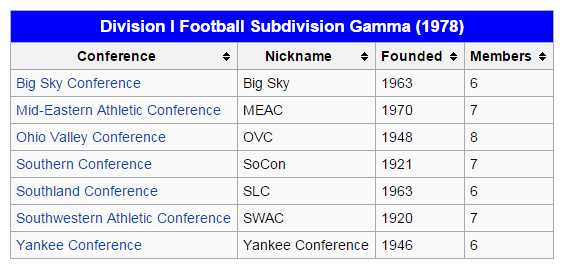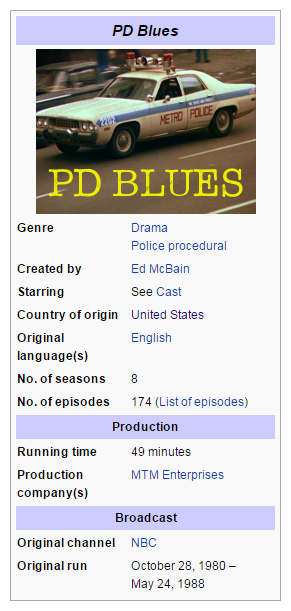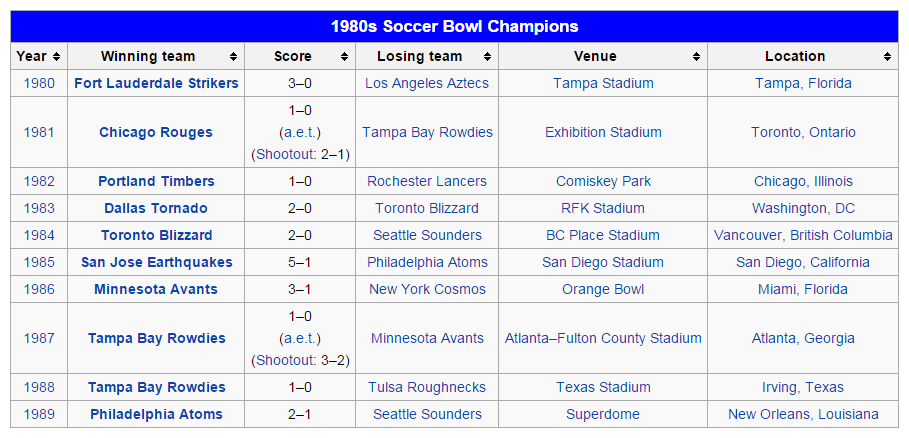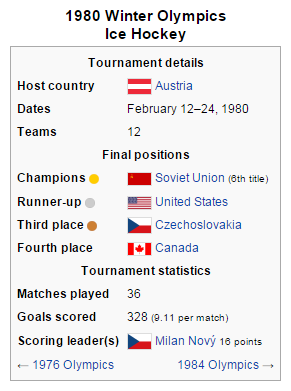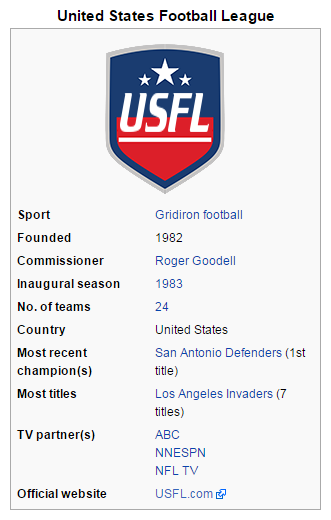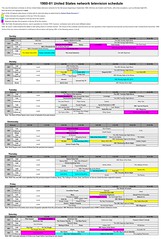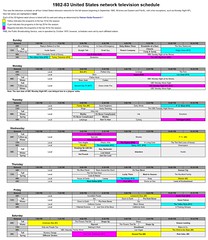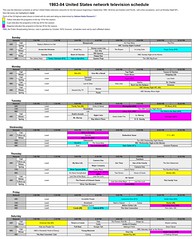In 1968, Howard Hughes attempted to buy ABC, but deal fell through. He then purchased Sports Network, an occasional broadcast network. It was renamed Hughes Television Network. Some thought it would develop into a fourth network, but it never did. This is my humble attempt to see what happened if it did. The timeline is presented as excerpts from TTL's Wikipedia counterpart, Plexipedia.
-------------------------
Excerpted from the Plexipedia article "UBC."
History
1960s: Establishment of the network
Foundations
In 1968, Howard Hughes decided to get into television. He attempted to purchase the American Broadcast Company, but was unable to close a deal. Since Hughes couldn't buy a network, he would create one. His first move was the purchase the Sports Network Incorporated (SNI). To support his new network, a foundation of affiliates would be needed. To this purpose, Hughes bought the Kaiser Broadcasting Company. The two companies were fused into the United Broadcasting Company (UBC). The bulk of the SNI staff was transformed into UBC Sports. However, SNI president Dick Bailey was named UBC president. By December, UBC would be ready to launch.
Beginning of the network
The network premiered on Sunday January 11, 1969. Its initial lineup consisted of two nights of primetime programming, Sunday and Saturday. Sunday's schedule contained three programs, Beat the Clock (game show), You're Putting Me On (game show), and the UBC Big Event (sports). While the UBC Big Event was primarily showed contests from the NHL, MLB, and NBA, it also showcased other leagues such as the NASL or PBA. It was on the UBC Big Event that the Basket Bowl premiered. Saturday night had He Said, She Said (game show), the Cowsills Comedy Hour (variety), and UBC Saturday Movie Night. As expected, the UBC shows finished last in the ratings.
The 1969-70 fall season would see UBC add a third night of programming, Friday. UBC would return all its shows except two. The Cowsills Comedy Hour failed to even last until summer. It was replaced by two game shows, Gambit and Liar's Club. However, the Cowsills would provide inspiration for UBC's first hit show, the Treehorn Family. You're Putting Me On managed to last until the new fall season. To help raise their ratings profile, UBC pickup some shows from the other networks. They also introduced their first scripted shows.
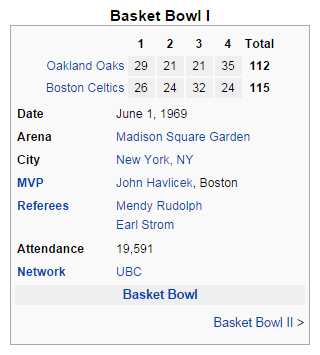
1970s: Rise to success
During the early part of 1970, the NFL was trying to get it television contract for games on Monday night. NFL Commissioner Pete Rozelle was hesitant to sign with either of the smaller networks, ABC and UBC, but CBS and NBC were not interested. While ABC was bigger and more established, UBC offered more money. In the end, the NFL took a chance and signed with UBC. The 1970-71 season saw UBC launched their Monday night of programming with UBC Monday Night NFL as the cornerstone. In markets without UBC affiliates, independent and other network affiliate stations could opt to broadcast it, but only if they showed UBC's entire Monday schedule. This option would help UBC Monday Night NFL become a ratings hit.



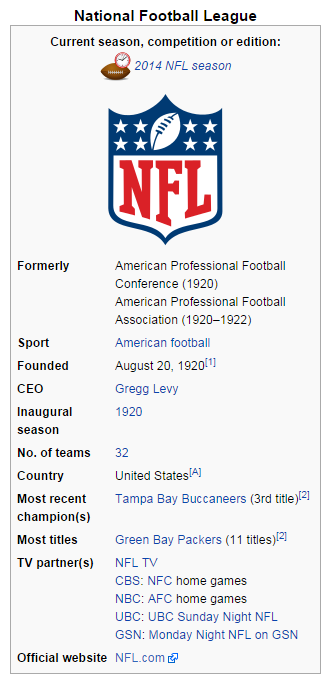
Excerpted from the Plexipedia article "1970s in television."
The existence of UBC caused the other networks to have work harder for their TV movies. They would either by dig up old unused scripts or expand pilots out to feature length. ABC would find the pilot as television movie particularly effective. Over the next few years, the ABC Movie of the Week would be used as a springboard for a number of successful series as well as a few unsuccessful ones. In addition, UBC caused CBS to accelerate their plans to modernize their image. They would cancel a number of viable non-urban based shows. The other networks would soon follow suit resulting in what would eventually be called the "Rural Purge". The Purge angered enough viewers that Congress threaten to become involved. The networks responded with new "rural" shows that predictively failed in the ratings.
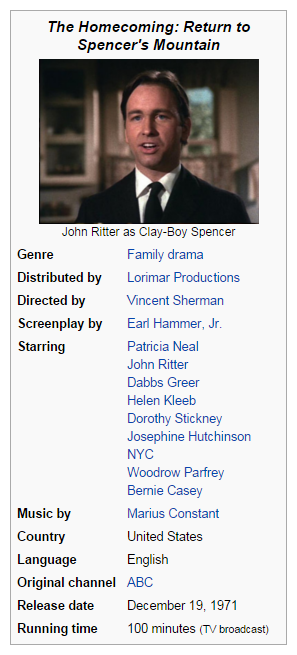
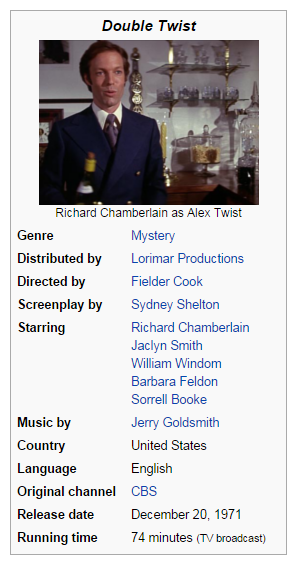
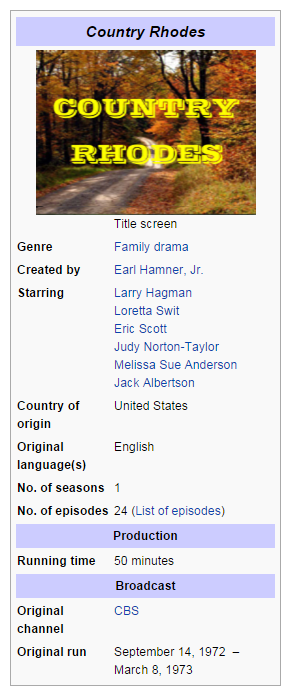
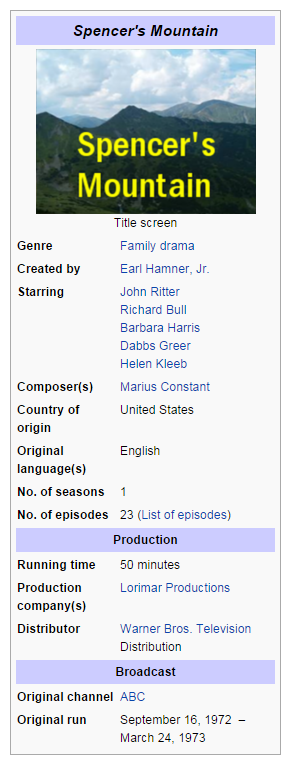
Excerpted from the Plexipedia article "UBC."
Initially UBC Sports concentrated on the network's primetime sport shows. At the start of 1971, UBC expanded into weekend sports programming. In addition to game broadcasts, they would produce the UBC Sports Spectacular, an anthology show. It would provide strong competition for ABC's Wild World of Sports during its run. UBC would next expand into late night programming. Over the next several months, UBC would expand into the remaining non-primetime program areas. The spring saw the launch of their late night programming with The Late Night Show. Of course, this show would ultimately fail as during this time Johnny Carson dominated late night. However, UBC would achieve success with Saturday late night show, Front Row. The series showcased taped concerts of popular bands. UBC Evening News premiered in July. With the coming of the 1971-72 fall season, UBC entered the two remaining areas, weekday daytime and Saturday morning children's programing. The initial daytime lineup included game shows and soap operas. Their Saturday package was the usual mixture of live-action and animated shows.
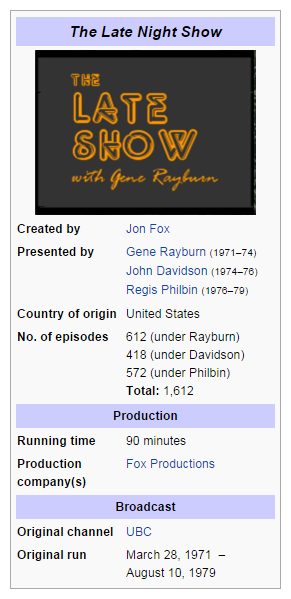

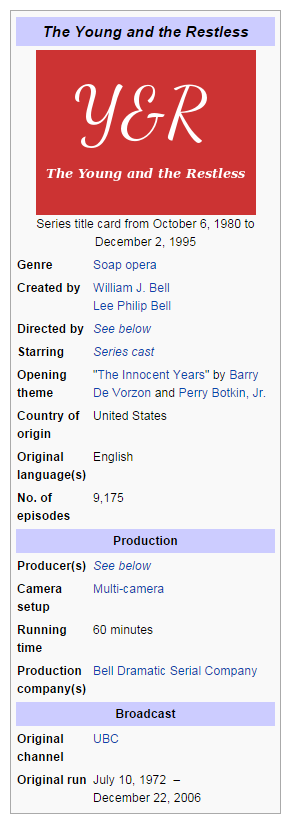
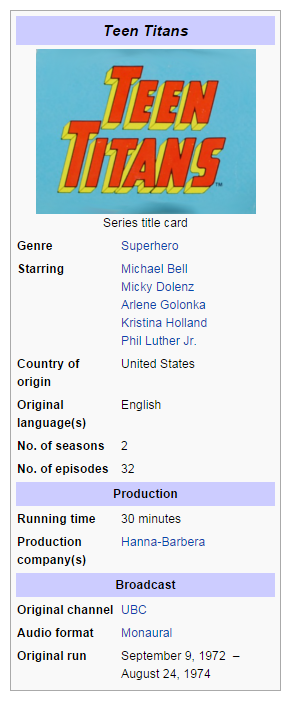
Excerpted from the Plexipedia article "George Lucas."
When UBC expanded to seven nights a week, the quest for new content reached new heights. It was into this competition that George Lucas entered. After the failure of THX 1138, Lucas found it hard to get his next picture financed. The only studio interested in the script was Paramount and that was only as a television movie. Newly hired after his run on the Mod Squad, Harve Bennett had been sitting in on a few film pitches. He was hoping to find a diamond in the rough that he develop into a hit series. He saw the potential in Lucas's script. Bennett convinced Lucas to turn the script into a series. For his part, Lucas hoped the series could provide a springboard back into features as it had for his friend Spielberg. American Graffiti proved to be hit for UBC by appealing to all types of audiences. It was particularly resonated with Baby Boomers, the demographic advertisers loved. The other networks attempted replicate UBC's success with their own versions. None were successful.


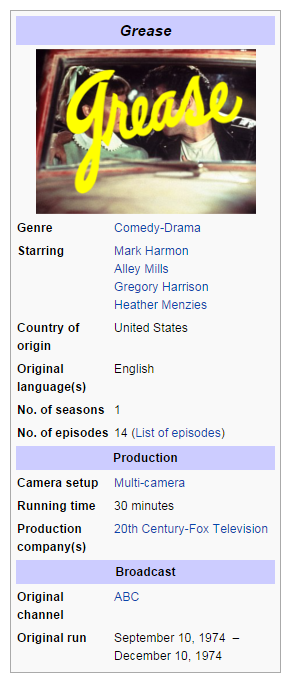
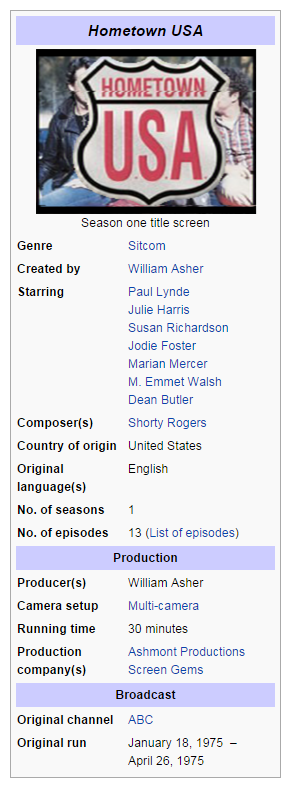
-------------------------
A sampling of familiar 1972 shows as they appeared in TTL.
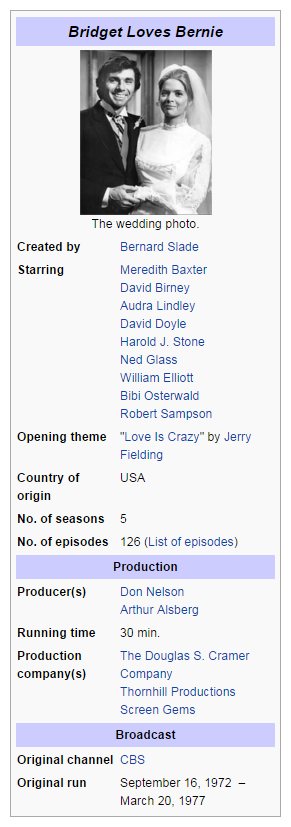


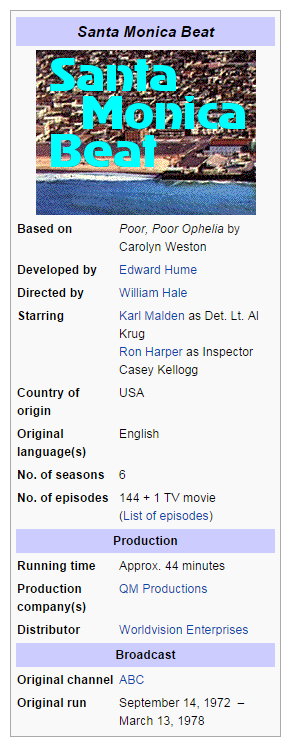
TTL's Primetime schedules.
Available seasons are 1968-69, 1969-70, 1970-71, 1971-72, and 1972-73 or click on images below to view at a larger size.
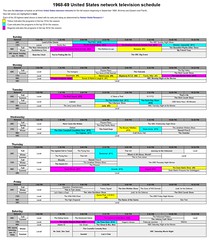
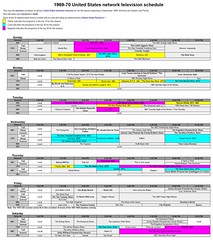
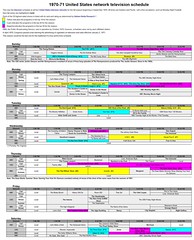
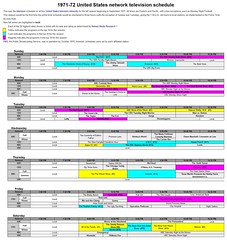
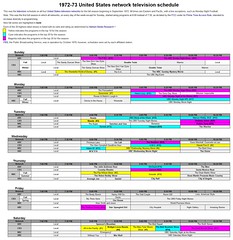
-------------------------
Excerpted from the Plexipedia article "UBC."
History
1960s: Establishment of the network
Foundations
In 1968, Howard Hughes decided to get into television. He attempted to purchase the American Broadcast Company, but was unable to close a deal. Since Hughes couldn't buy a network, he would create one. His first move was the purchase the Sports Network Incorporated (SNI). To support his new network, a foundation of affiliates would be needed. To this purpose, Hughes bought the Kaiser Broadcasting Company. The two companies were fused into the United Broadcasting Company (UBC). The bulk of the SNI staff was transformed into UBC Sports. However, SNI president Dick Bailey was named UBC president. By December, UBC would be ready to launch.
Beginning of the network
The network premiered on Sunday January 11, 1969. Its initial lineup consisted of two nights of primetime programming, Sunday and Saturday. Sunday's schedule contained three programs, Beat the Clock (game show), You're Putting Me On (game show), and the UBC Big Event (sports). While the UBC Big Event was primarily showed contests from the NHL, MLB, and NBA, it also showcased other leagues such as the NASL or PBA. It was on the UBC Big Event that the Basket Bowl premiered. Saturday night had He Said, She Said (game show), the Cowsills Comedy Hour (variety), and UBC Saturday Movie Night. As expected, the UBC shows finished last in the ratings.
The 1969-70 fall season would see UBC add a third night of programming, Friday. UBC would return all its shows except two. The Cowsills Comedy Hour failed to even last until summer. It was replaced by two game shows, Gambit and Liar's Club. However, the Cowsills would provide inspiration for UBC's first hit show, the Treehorn Family. You're Putting Me On managed to last until the new fall season. To help raise their ratings profile, UBC pickup some shows from the other networks. They also introduced their first scripted shows.

1970s: Rise to success
During the early part of 1970, the NFL was trying to get it television contract for games on Monday night. NFL Commissioner Pete Rozelle was hesitant to sign with either of the smaller networks, ABC and UBC, but CBS and NBC were not interested. While ABC was bigger and more established, UBC offered more money. In the end, the NFL took a chance and signed with UBC. The 1970-71 season saw UBC launched their Monday night of programming with UBC Monday Night NFL as the cornerstone. In markets without UBC affiliates, independent and other network affiliate stations could opt to broadcast it, but only if they showed UBC's entire Monday schedule. This option would help UBC Monday Night NFL become a ratings hit.




Excerpted from the Plexipedia article "1970s in television."
The existence of UBC caused the other networks to have work harder for their TV movies. They would either by dig up old unused scripts or expand pilots out to feature length. ABC would find the pilot as television movie particularly effective. Over the next few years, the ABC Movie of the Week would be used as a springboard for a number of successful series as well as a few unsuccessful ones. In addition, UBC caused CBS to accelerate their plans to modernize their image. They would cancel a number of viable non-urban based shows. The other networks would soon follow suit resulting in what would eventually be called the "Rural Purge". The Purge angered enough viewers that Congress threaten to become involved. The networks responded with new "rural" shows that predictively failed in the ratings.




Excerpted from the Plexipedia article "UBC."
Initially UBC Sports concentrated on the network's primetime sport shows. At the start of 1971, UBC expanded into weekend sports programming. In addition to game broadcasts, they would produce the UBC Sports Spectacular, an anthology show. It would provide strong competition for ABC's Wild World of Sports during its run. UBC would next expand into late night programming. Over the next several months, UBC would expand into the remaining non-primetime program areas. The spring saw the launch of their late night programming with The Late Night Show. Of course, this show would ultimately fail as during this time Johnny Carson dominated late night. However, UBC would achieve success with Saturday late night show, Front Row. The series showcased taped concerts of popular bands. UBC Evening News premiered in July. With the coming of the 1971-72 fall season, UBC entered the two remaining areas, weekday daytime and Saturday morning children's programing. The initial daytime lineup included game shows and soap operas. Their Saturday package was the usual mixture of live-action and animated shows.




Excerpted from the Plexipedia article "George Lucas."
When UBC expanded to seven nights a week, the quest for new content reached new heights. It was into this competition that George Lucas entered. After the failure of THX 1138, Lucas found it hard to get his next picture financed. The only studio interested in the script was Paramount and that was only as a television movie. Newly hired after his run on the Mod Squad, Harve Bennett had been sitting in on a few film pitches. He was hoping to find a diamond in the rough that he develop into a hit series. He saw the potential in Lucas's script. Bennett convinced Lucas to turn the script into a series. For his part, Lucas hoped the series could provide a springboard back into features as it had for his friend Spielberg. American Graffiti proved to be hit for UBC by appealing to all types of audiences. It was particularly resonated with Baby Boomers, the demographic advertisers loved. The other networks attempted replicate UBC's success with their own versions. None were successful.




-------------------------
A sampling of familiar 1972 shows as they appeared in TTL.




TTL's Primetime schedules.
Available seasons are 1968-69, 1969-70, 1970-71, 1971-72, and 1972-73 or click on images below to view at a larger size.





Last edited:
